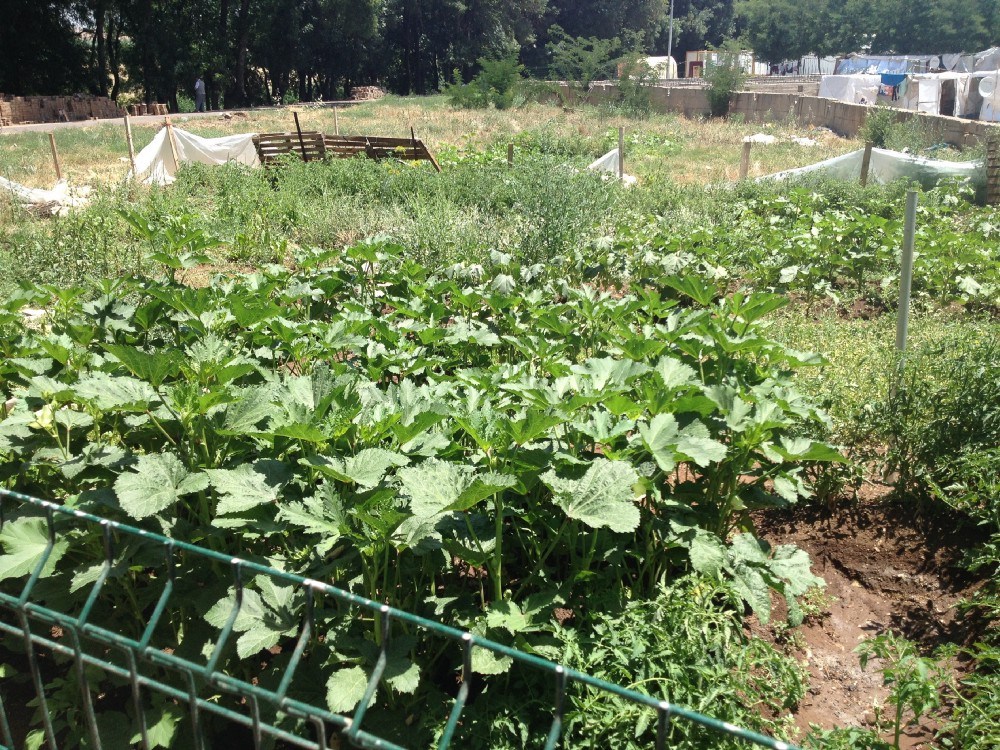
While the social benefits of ecologically protective, organic and/or natural farming are so obvious, it is sometimes said that in economic terms this may not be so beneficial for farmers and this thinking becomes a big hurdle in the spread of ecologically protective farming. However the advocates of ecologically protective farming and low external input farming give several important reasons to explain why and how ecologically protective farming can also be a wiser option in terms of economic benefits and these economic benefits are likely to increase even more in future years.
Ultimately what matters for a farmer’s income in economic terms is not total cash receipt but net income ie sales receipts minus costs. If costs can be reduced drastically, then net income will go up significantly, even if all other aspects remain the same. In ecologically protective, organic / natural farming, the costs of external, market purchased inputs can decrease greatly. It is true that in some forms of organic farming costs of organic certification can be high, but this kind of expensive certification is not at all suitable for conditions of India and most other developing countries and must be rejected . Instead we can have community based certification and the trust achieved by the adoption of organic farming in an entire village or region.
The mixed farming systems practiced in ecologically protective farming make it possible to harvest small crops at different times of year so that some cash earnings are coming in throughout the year, instead of there being dependence on one or two big harvests a year in monoculture farmng.
Thirdly, it is possible to tap the market for healthy foods and obtain a somewhat higher price for the products of ecologically protective agriculture. In its procurement the government should agree to give a higher price for the products of ecologically protective farming. In the export market also it is increasingly likely that a better price and more acceptance will exist for GM-free organic products, and the government should ensure that the benefits of this better price reach farmers.
With much lower costs and no need to incur debts for expensive external inputs the risks of farmers and the indebtedness of farmers can come down significantly.
Next, there is a question whether farmers and farming communities are looking for only immediate gains or whether they are also considering the future years and whether they are also considering the options before future generations. When we give adequate consideration to future and to coming generations, then obviously we have to look at the sustainability of the farming system, the sustainability of the basic resources of soil and health. When we are looking at the economics of future, whether a secure livelihood in farming will be available also for the next generation, then of course ecologically protective has much better economic prospects for farming households and communities.
Lastly, what may eventually prove to be most important, in times of climate change the value of ecologically protective farming increases greatly because this can protect and increase organic matter in soil and increase the overall greenery ( and the conditions in which green cover can increase by protecting soil , by water and moisture conservation). Hence a very strong case exists for regular transfer of funds from an international fund for checking climate change to those rural communities which practice organic/natural farming on annual basis.
Hence even in economic terms also the future belongs to ecologically protective agriculture. Farmer organizations need to respond to this challenge and accept the move towards ecologically protective agriculture as a leading aim of their mobilization. The government should understand this at the right time and formulate policies accordingly. Government help and subsidies can be very helpful for farmers in the initial stage of moving towards ecologically protective agriculture.
Bharat Dogra is a journalist and author. His recent books include Protecting Earth for Children and Planet in Peril.
IF YOU LIKED THE ARTICLE SUPPORT PEOPLE’S JOURNALISM
Related posts:
Related posts:
Views: 0
 RSS Feed
RSS Feed

















 January 2nd, 2021
January 2nd, 2021  Awake Goy
Awake Goy  Posted in
Posted in  Tags:
Tags: 
















